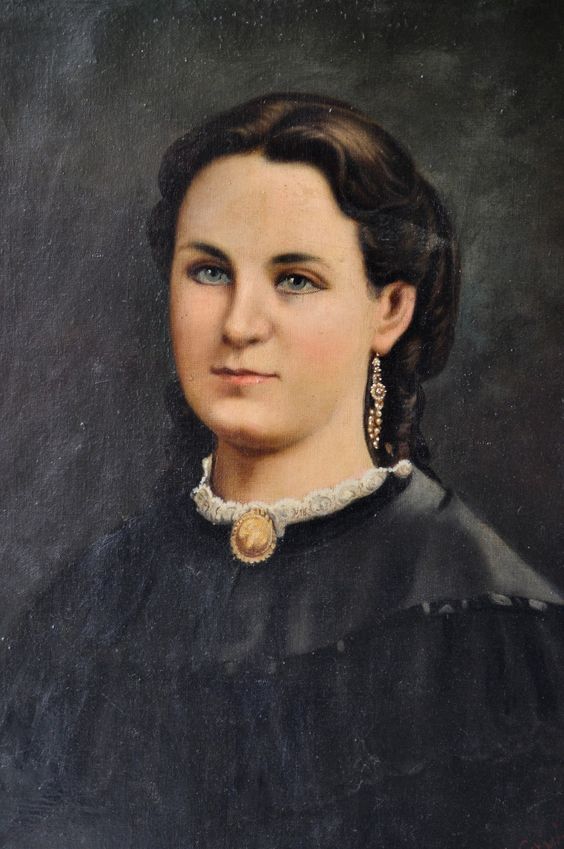
Emma de la Barra (1860-1947)
Emma de la Barra born into affluence in Rosario, Argentina, married her older uncle but defied societal norms by engaging in literary and social pursuits in Buenos Aires. Widowed, she anonymously authored the successful novel "Stella" and continued under a male pseudonym for works like "Mecha Iturbe" and "El Manantial," achieving financial milestones in Argentine literature. Marrying journalist Julio Llanos, she excelled not only as a writer but also as a businesswoman, investing in a working-class neighborhood that faced failure with the closure of Tolosa's railway workshops. Emma's diverse career included journalism, cinematic adaptations, and wartime reporting in Europe during World War I, earning recognition from contemporaries like Gabriela Mistral.

Eduarda Mansilla (1834-1892)
Eduarda Mansilla was an Argentine writer and diplomat, born in Buenos Aires. She hailed from a distinguished family known for its contributions to Argentine literature and politics. Eduarda gained recognition as a pioneer female writer in 19th-century Argentina, notably for her work "Una excursión a los indios ranqueles" (An Excursion to the Ranquel Indians). Published in 1870, this literary piece chronicled her experiences during a diplomatic mission with her husband to the indigenous Ranquel people. Beyond her literary pursuits, Eduarda Mansilla made history by becoming one of the first Argentine women to hold a diplomatic position, serving as a diplomat in Paraguay. Her contributions to literature and diplomacy marked her as a trailblazer in a time when opportunities for women in such fields were limited.

Juana Manuela Gorriti (1816-1892)
Juana Manuela Gorriti was an influential Argentine writer, journalist, and intellectual, celebrated for her pioneering contributions to 19th-century Latin American literature. Born in Salta, she was forced into exile during the civil wars, spending much of her life in Bolivia and Peru. Gorriti is best known for her novels and short stories, including *La Quena* and *Sueños y Realidades*, which explored themes of exile, identity, and morality. Her literary salons in Buenos Aires and Lima became renowned hubs for intellectual exchange, attracting prominent writers and thinkers from across Latin America. Gorriti's work combined romanticism with a deep engagement with social and political issues, particularly those related to women's roles and national identity, solidifying her legacy as a trailblazer for women in Latin American literature.

Rosa Guerra (1834–1864)
Rosa Guerra was an Argentine educator, journalist, and writer. She was a pioneering woman in the realm of Argentine literature. Guerra founded two newspapers: La Camelia, dedicated to promoting ideas of gender equality, and La Educación, a religious, poetic, and literary periodical. She also contributed to newspapers such as La Nación Argentina, El Nacional, and La Tribuna. Guerra published the novel "Lucía Miranda" focusing on the theme of captivity, along with "La Camelia" and a verse drama titled "Clemencia." Her posthumous work, a book of poems titled "Desahogos del corazón," was also published.

